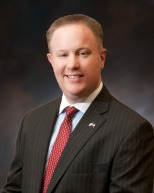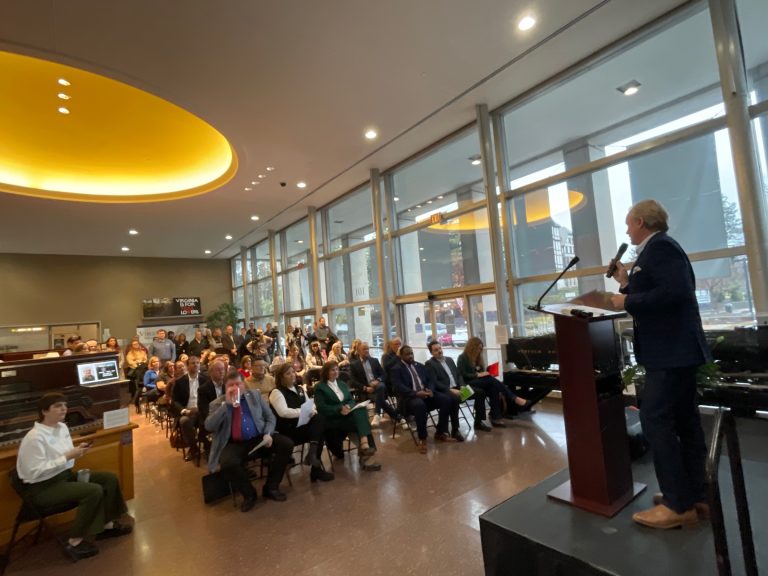
Friendship Retirement Community filed a lawsuit today against Roanoke County and Jason Peters, the county’s Commissioner of the Revenue for the past year, challenging the County’s denial of the tax-exempt status of its properties at Richfield Living. Friendship purchased Richfield Living in October 2023; Both says Friendship have a 50-plus year history of operating as nonprofit, senior living communities.
Friendship says shortly after purchasing Richfield Living, Roanoke County indicated its intention to raise the assessment by more than 41% and that the County would no longer consider Richfield Living property to be tax exempt. If that holds says Friendship in a statement, the newly assessed property value combined with the loss of tax-exempt status on its Richfield Living property would result in a 472% increase in Friendship Richfield Living’s annual taxes.
See full release here: ROANOKE, VA – Friendship Retirement Community, a non-profit organization that operates skilled nursing and healthcare centers, assisted living facilities, memory care facilities, and independent living apartments/cottages for the elderly and/or disabled in Roanoke County, Virginia, filed a lawsuit today against Roanoke County and P. Jason Peters, Commissioner of the Revenue, challenging the County’s denial of the tax-exempt status of its properties at Richfield Living.
Friendship purchased Richfield Living in October 2023. Both Friendship and Richfield Living have a 50+ year history of operating as nonprofit, senior living communities used exclusively for charitable and benevolent purposes. The purchase allowed Richfield to remain locally owned and operated rather than being sold in pieces to for-profit, out-of-town companies. Friendship has been able to maintain the same level of care, service and housing for approximately 550 Richfield Living residents without significantly increasing rates or making substantive changes to the services across the campus.
In 1987, the General Assembly of Virginia passed legislation that exempted Richfield Living property in Roanoke
County and Friendship property in Roanoke County from local real estate taxes. Subsequently, Roanoke County
recognized Richfield Living and Friendship property located in Roanoke County as exempt from real estate
taxation. In relation to the tax-exempt properties, Richfield Living and Friendship paid a service fee to Roanoke
County in lieu of real estate taxes, which amounts to 20% of the real estate tax levies that would be applicable to
the properties if they were not exempt from taxation. When Friendship completed its due diligence in purchasing
Richfield Living in 2023, it was with the expectation that the Richfield Living property would retain its tax-exempt
status.
Just five weeks after purchasing Richfield Living, Roanoke County indicated its intention to raise the assessed
value of the Richfield Living property by more than 41% from the prior year. After finding the County had many
factual errors in its assessment of the property, Friendship asked Roanoke County to confirm that the property
would continue to receive tax exempt status as it had since 1987. Roanoke County representatives told Friendship
that the County would no longer consider the Richfield Living property to be tax exempt. The newly assessed
property value combined with the loss of tax-exempt status on its Richfield Living property resulted in a 472%
increase in Friendship Richfield Living’s annual taxes.
Despite both Friendship and Richfield Living being exempt from taxation under 26 USCA § 501(c)(3) and the continued charitable use of the property, Roanoke County assessed the property as they would a for-profit entity. The potential financial impact of the position taken by Roanoke County is substantial.
“We are deeply disappointed that Roanoke County has taken this position,” said Friendship President and CEO, Joe Hoff. “We are a responsible corporate citizen and one of the largest employers in our region. Our organization provides critical services to more than 1,500 seniors, and these taxes will ultimately impact our ability to keep housing affordable for many of our residents with fixed budgets. An increase of more than half- million dollars in our taxes each year could result in our retired residents on fixed incomes having to pay more
each month,” said Hoff.



